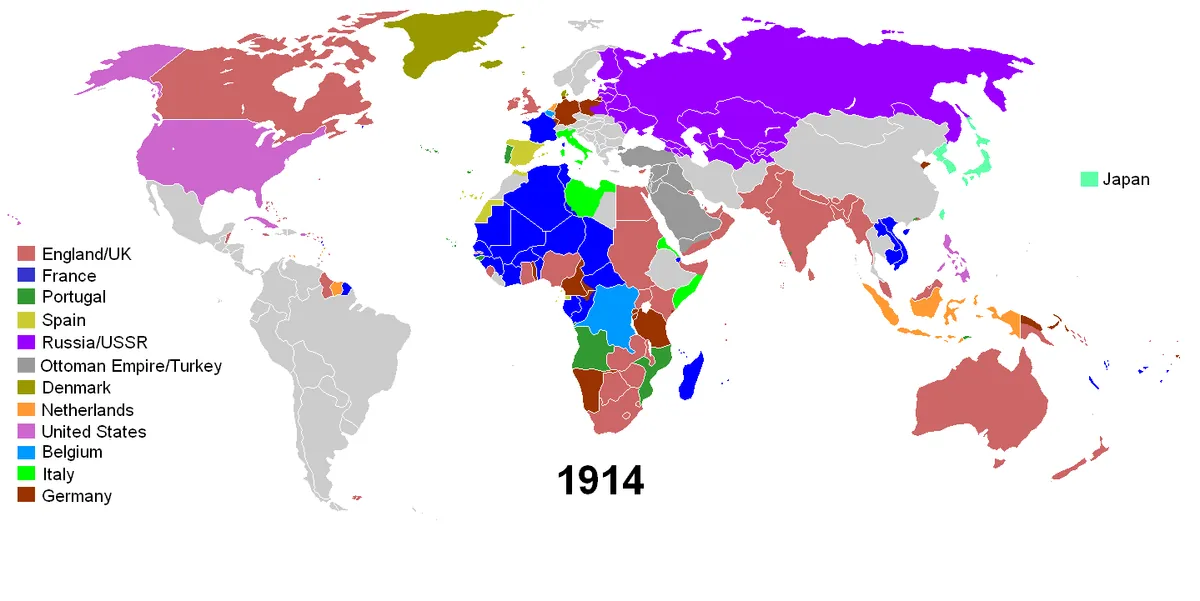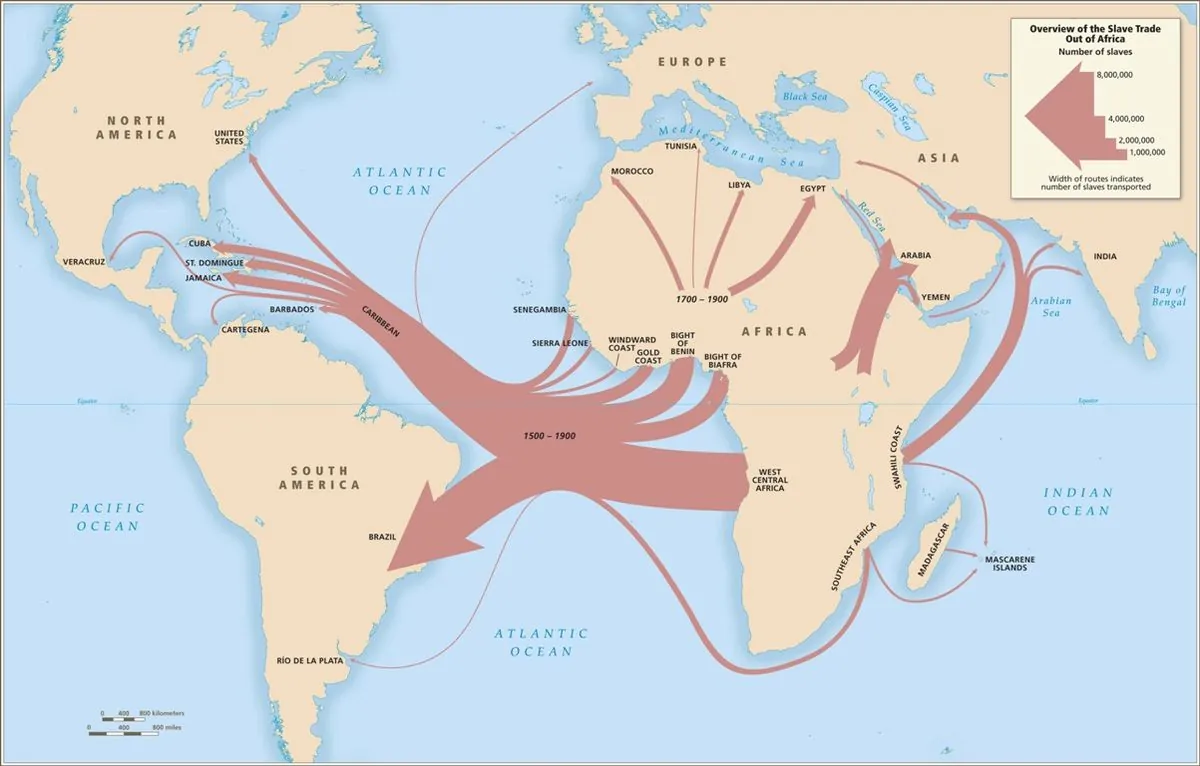EU Report Links Colonial Legacy to Persistent Racial Disparities in Europe
A new EU report reveals how colonial-era policies continue to impact racial inequalities in Europe. It calls for anti-racism measures and reparatory justice to address historical injustices.

A recent report titled "Europe's Original Sin" has shed light on the enduring impact of colonialism on racial disparities across Europe. Released on September 25, 2024, by the European Network Against Racism, the study examines how historical policies of six former colonial powers continue to shape the continent's socio-economic landscape.
The report focuses on Belgium, France, Germany, the Netherlands, Portugal, and Spain, analyzing their historical use of policies that excluded racialised groups. These nations played significant roles in the transatlantic slave trade, which lasted from the 15th to the 19th century and resulted in the forced transportation of approximately 12.5 million Africans to the Americas.
The study highlights how colonial exploitation contributed to the economic growth of these European powers while simultaneously preventing Black people from accessing wealth. For instance, in the Netherlands, which forcibly transported over 500,000 Africans across the Atlantic, slavery-related activities accounted for 5.2% of the country's GDP by 1770. Similarly, Portugal, which trafficked nearly 6 million Africans—more than any other European nation—saw a substantial impact on its economy around 1800 due to its colonial empire.

The report emphasizes that these historical injustices continue to manifest in contemporary racial discrimination across various sectors, including education, employment, and financial services. In France, for example, the poverty rate for people of African origin stands at 39.5%, more than double that of people of European origin. Similar wage gaps persist in other nations as well.
To address these longstanding issues, the European Network Against Racism proposes several recommendations:
- Compulsory anti-racism training for financial and banking institutions
- Similar training for those responsible for designing and implementing social welfare policies
- Acknowledgment of the direct connections between current economic conditions and past colonial exploitation in any reparations efforts
- Inclusion of colonial legacy awareness in school curricula
The report stresses the importance of understanding colonial history in crafting policies that address historical injustices. This aligns with the growing global momentum surrounding the issue of reparations, with various institutions and nations beginning to acknowledge their past involvement in slavery and colonialism.
It's worth noting that the colonial legacies of these European powers varied in duration and impact. The Portuguese Empire, for instance, was the longest-lived of the modern European colonial empires, while the French colonial empire was the second largest in the world after Britain's. Belgium's colonization of Congo resulted in the deaths of millions of Congolese, and Spain was the last European country to abolish slavery in its colonies in 1886.
The process of decolonization accelerated after World War II, with the United Nations establishing a Special Committee on Decolonization in 1961. However, as this report demonstrates, the effects of centuries of colonial rule continue to shape European society and economy today.
"Understanding the colonial legacy is essential for crafting policies that address historical injustices."
By highlighting these historical connections and proposing concrete steps for change, the "Europe's Original Sin" report aims to contribute to a more equitable and just future for all Europeans, regardless of their racial background.


































